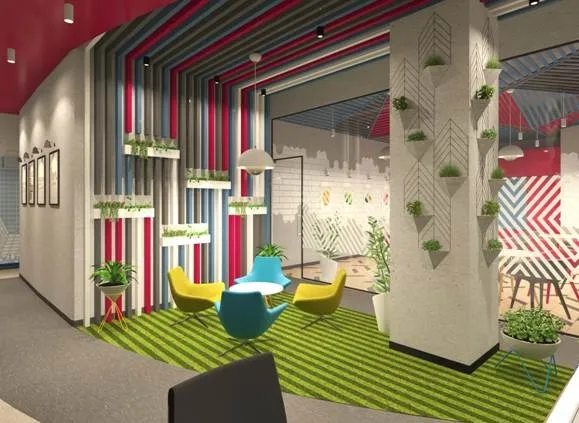What’s Behind the 65% Surge in Green Office Space in India's Top Cities?

Synopsis
Key Takeaways
- 65% increase in Grade A green-certified office space since 2019.
- Bengaluru leads with 163 million sq. ft. of green offices.
- Global companies are demanding green certifications.
- Commercial real estate is at the forefront of sustainability in India.
- Limited growth in green certifications within the residential market.
Mumbai, Aug 4 (NationPress) A remarkable 65% increase in the total Grade A green-certified office space has been recorded across India’s leading seven cities since 2019. This surge is attributed to global companies increasingly pursuing green certifications for new constructions, as highlighted in a recent Anarock research report released on Monday.
Developers of Grade A office spaces are actively focusing on constructing LEED, IGBC, or GRIHA-certified facilities to align with the rising demand. Currently, around 530 million sq. ft. of Grade A office space out of a total of 865 million sq. ft. in these seven cities is green-certified as of the first half of 2025. In 2019, the corresponding figure stood at approximately 322 million sq. ft., according to the report.
Bengaluru leads with about 163 million sq. ft. of green-certified office space, accounting for a substantial 31% of the total green-certified inventory in these cities.
The NCR follows at a considerable distance with around 97 million sq. ft., or 18% overall green-certified share, while Hyderabad holds a 16% share. Kolkata has the least green-certified office space, with merely a 3% share.
With the most green-certified office space among all cities, Bengaluru also boasts the highest percentage (b>73%) of green stock relative to its total Grade A inventory (approximately 223 million sq. ft.).
Anarock Group Chairman Anuj Puri stated, “The move towards sustainability is influenced both by the government’s commitments and the growing demand for such solutions.”
“There is a rising awareness of the importance of sustainability across various real estate sectors. However, the demand for eco-friendly office buildings exceeds that for green residential options. Many occupiers, notably MNCs and GCCs, now prioritize sustainability features found only in green-certified Grade A office spaces,” Puri elaborated.
In contrast, the residential segment in India has not yet experienced a similar shift, evident in the limited availability of green residential properties. Commercial real estate is establishing itself as the leading force in India’s sustainability journey,” he added.










